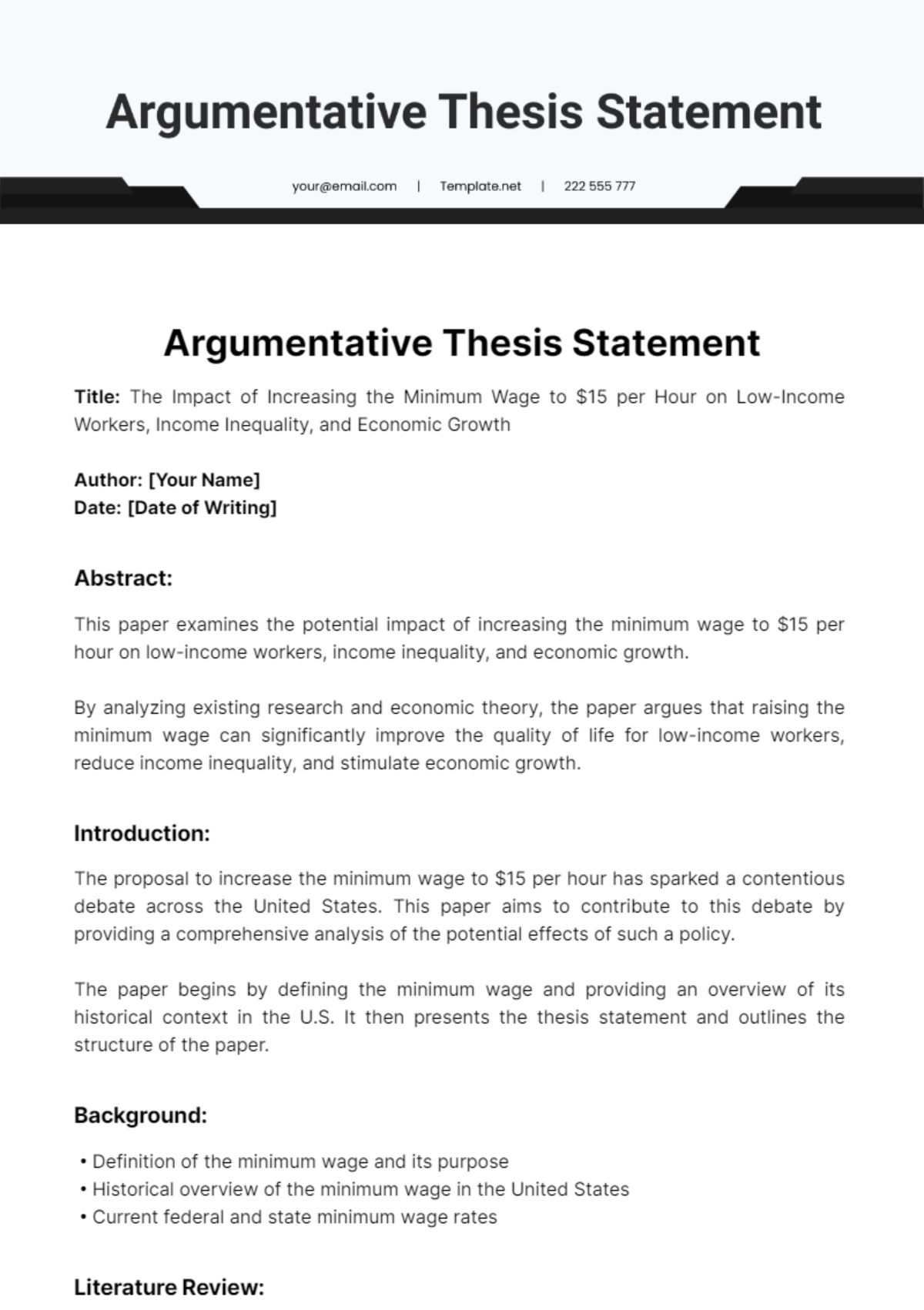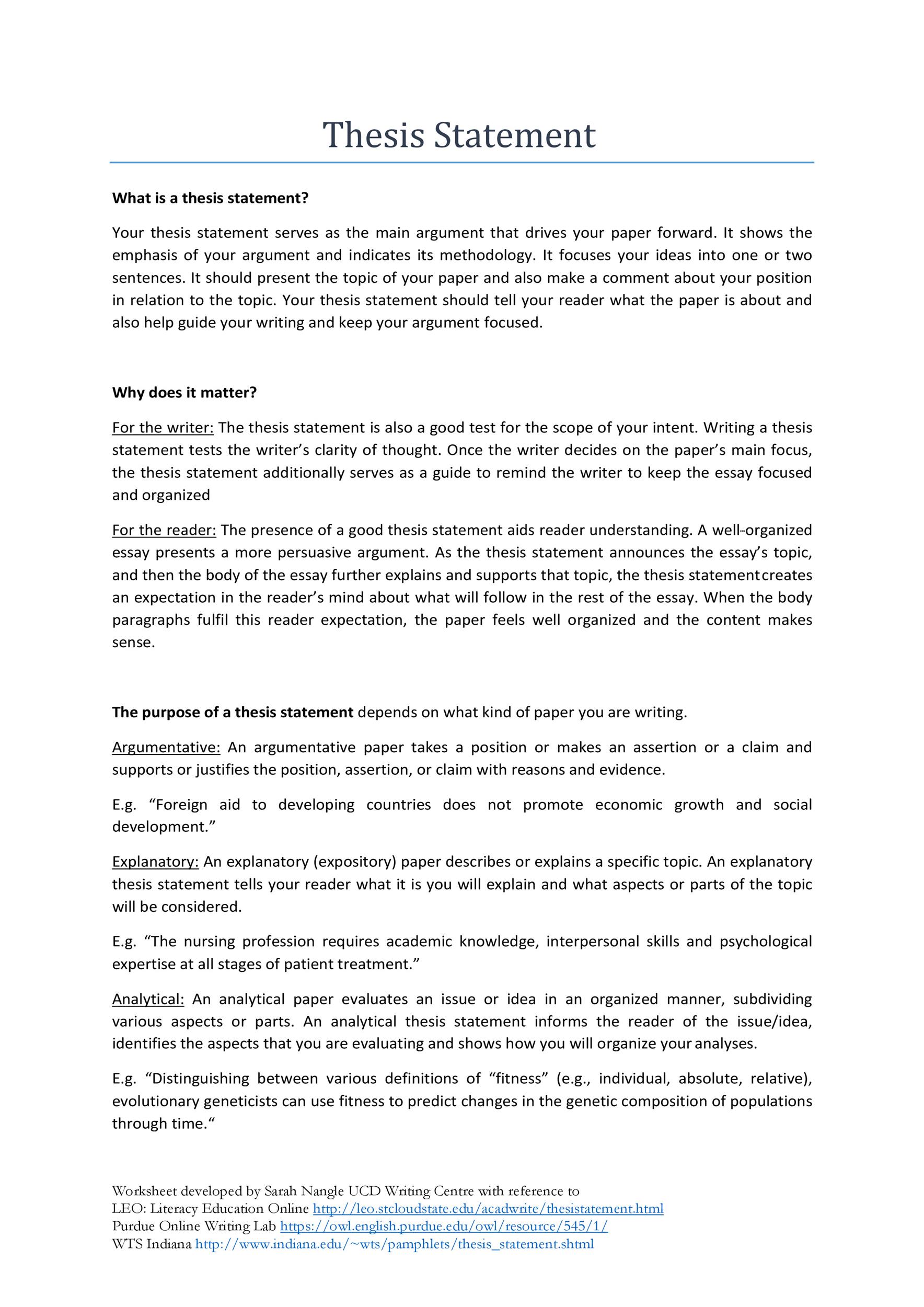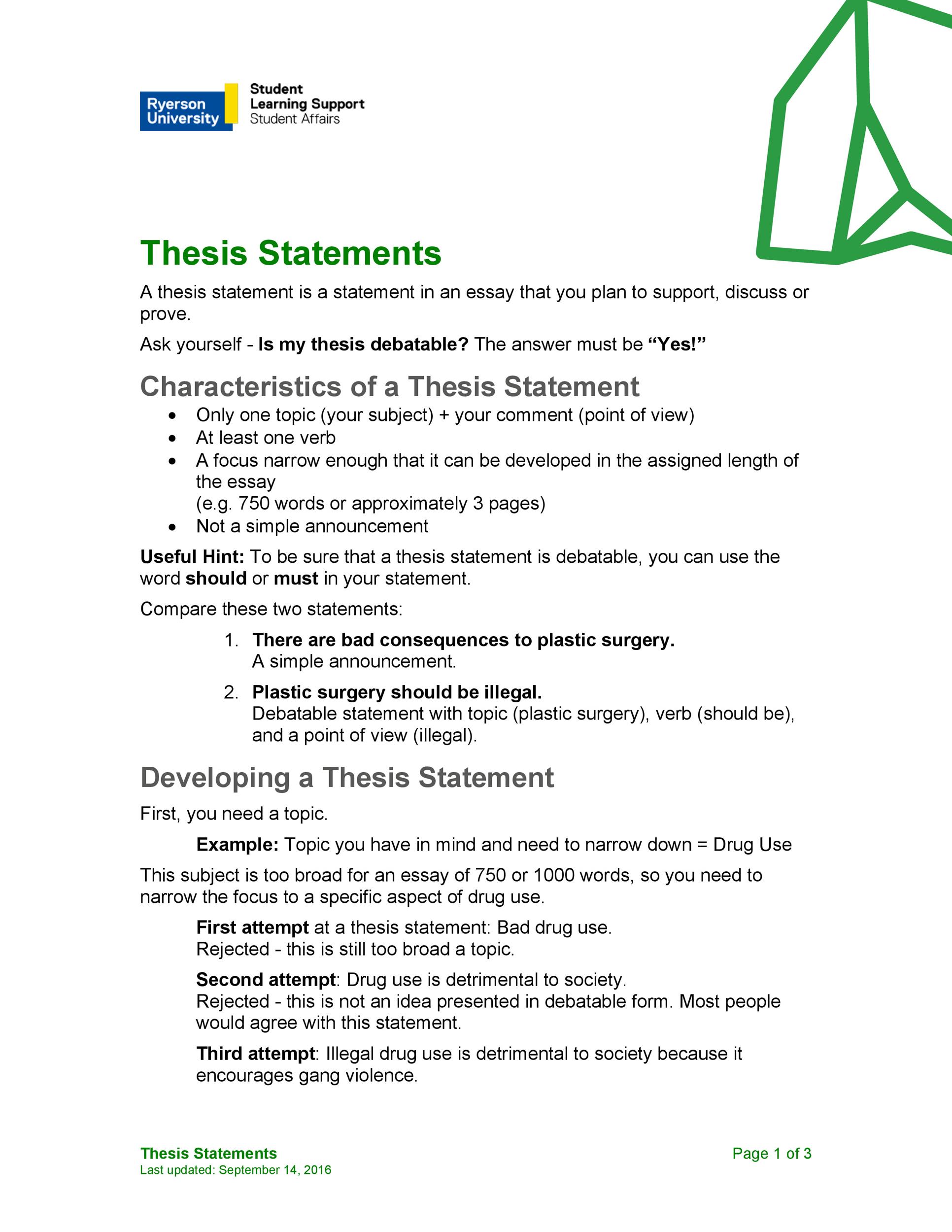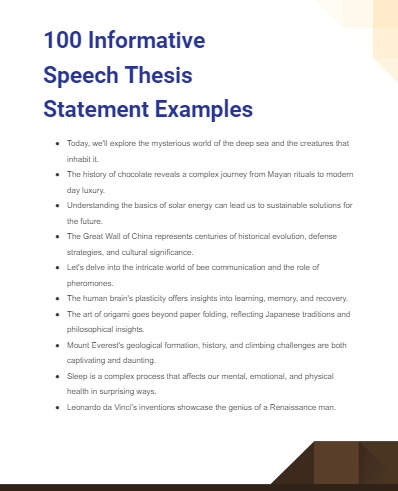Here’s the article:
html Unlock A+ Grade: Secret Thesis Template Revealed Unlock Your A+ Grade: The Secret Thesis Statement Template Professors Don't Want You to Know Struggling to write a killer thesis statement? You're not alone. It's the cornerstone of any successful essay, and getting it right can feel like cracking a secret code. This article unveils a powerful, yet surprisingly simple, thesis statement template that can transform your writing and help you achieve those coveted A+ grades. This isn't about a "magic bullet," but rather a structured approach to crafting clear, concise, and compelling arguments. The Core Problem: Why Thesis Statements Trip Up Students Many students face similar hurdles when writing thesis statements. Often, they're too vague, too broad, or fail to offer a clear argument. A weak thesis statement leads to a weak essay. Consider these common pitfalls: Lack of Specificity: A general statement that doesn't pinpoint the essay's focus. (e.g., "Shakespeare was a great writer.") Simple Summaries: Restating the essay topic without offering an original argument. (e.g., "This essay will discuss the causes of the French Revolution.") Unsupported Claims: Making an assertion without indicating how it will be proven. (e.g., "Climate change is a serious problem.") Overly Broad Scope: Attempting to cover too much ground, leading to superficial analysis. Overcoming these challenges requires a structured approach. Let's delve into the secret template. The Secret Template: A Step-by-Step Guide This template provides a framework for building a strong thesis statement. It's adaptable to various essay types and subjects, allowing you to craft a statement that is both focused and persuasive. Topic: Clearly state the subject of your essay. (e.g., The impact of social media on teenagers' mental health) Argument/Assertion: State your specific argument or claim about the topic. This is the heart of your thesis. (e.g., Social media use, while offering some social benefits, significantly contributes to increased anxiety and depression in teenagers.) Reason 1: Briefly mention the first key reason or supporting point you will use to prove your argument. (e.g., This is due to constant exposure to curated online personas.) Reason 2: Briefly mention the second key reason or supporting point. (e.g., Cyberbullying and online harassment are also significant factors.) Reason 3 (Optional): Include a third supporting point if applicable. (e.g., The addictive nature of social media platforms exacerbates these issues.) Putting it all together, the template looks like this: [Topic] [Argument/Assertion] because [Reason 1], [Reason 2], and (optional) [Reason 3]. Example: Applying the Template Let's apply this template to an essay about the impact of the printing press on the Renaissance: Topic: The printing press and the Renaissance. Argument/Assertion: The printing press was a catalyst for the Renaissance. Reason 1: It facilitated the rapid dissemination of knowledge. Reason 2: It fostered the growth of vernacular literature. Reason 3: It contributed to the rise of scientific inquiry. Resulting Thesis Statement: "The printing press was a catalyst for the Renaissance because it facilitated the rapid dissemination of knowledge, fostered the growth of vernacular literature, and contributed to the rise of scientific inquiry." Refining Your Thesis: Make It Stronger Once you have a draft, refining your thesis is crucial. Consider these tips: Be Specific: Avoid vague language. Use precise terms and examples. Be Arguable: Your thesis should present a claim that can be debated. Be Focused: Narrow your scope to manageable points. Be Clear: Use concise and direct language. Be Concise: While comprehensive, keep it brief. Aim for one or two sentences. Example of a weak thesis statement (and how to improve it): Weak: "The American Revolution was important." Improved: "The American Revolution, fueled by rising discontent over British taxation policies and a desire for self-governance, fundamentally transformed the political landscape of North America and laid the groundwork for modern democratic ideals." Beyond the Template: Context and Application While the template provides a solid foundation, remember to adapt it to your specific assignment and subject matter. Research is key. Thorough research allows you to formulate well-supported arguments. Consider the following: Essay Type: Argumentative essays will use this template most directly. Analytical essays may require some adjustments to emphasize analysis over persuasion. Subject Matter: Adjust the language and supporting points to fit your topic. (For example, in a history essay, you might cite specific historical events. In a scientific paper, you might refer to experimental data.) Professor's Expectations: Always review your professor's guidelines and rubric. They may have specific requirements or preferences. Internal Linking Suggestion: You could link to a section on different essay types (argumentative, analytical, compare/contrast) here. (e.g., Learn more about different essay types .) External Linking Suggestion: Link to Purdue OWL or a similar reputable writing resource for further information on essay structure and thesis statements. ( Purdue OWL ) Case Study: The Value of a Strong Thesis Consider a case study analyzing two essays on the same topic, "The Impact of Artificial Intelligence on the Job Market." Essay 1 (Weak Thesis): "Artificial intelligence is changing the job market." (Too broad, no argument) Essay 2 (Strong Thesis - using our template): "Artificial intelligence is poised to reshape the job market, leading to significant job displacement in some sectors, increased demand for specialized skills in others, and a need for proactive workforce adaptation, driven by automation, data analysis, and the rise of AI-driven industries." Essay 2, with its clear argument and supporting points, will invariably be more successful because it provides a clear roadmap for the writer and the reader. Conclusion: Master the Template, Master Your Grades Crafting a strong thesis statement is a fundamental skill for academic success. This template offers a practical and adaptable framework for developing clear, concise, and persuasive arguments. By understanding the common pitfalls and applying this structured approach, you can significantly improve your writing and achieve the A+ grades you desire. Remember to refine your thesis, tailor it to your specific assignment, and always support your claims with evidence. Embrace this "secret" and watch your writing flourish! Final Thought: Practice makes perfect. The more you use this template, the more natural it will become. Good luck!




